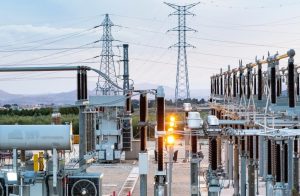The Federal Government of Nigeria has declared an end to electricity subsidies, emphasizing the need to transition to a cost-effective tariff model. Minister of Power, Adebayo Adelabu, revealed that Nigeria’s power debt has reached N1.3 trillion to generating companies (GenCos) and $1.3 billion to gas companies, highlighting the unsustainable nature of the current subsidy system.
Addressing a press conference in Abuja, Adelabu disclosed that while only N450 billion was budgeted for electricity subsidy in 2024, findings by the Nigerian Electricity Regulatory Commission (NERC) indicate a potential subsidy cost of about N2.9 trillion this year. To address this, the government is shifting towards a tariff model that reflects the true cost of electricity.
In a significant move, state governments will now be permitted to generate power independently to supply their states, marking a shift towards decentralization in the power sector. Additionally, over N50 billion has been allocated in the 2024 budget to build mini-grids, providing power to remote areas currently underserved by the national grid.
Adelabu also addressed challenges facing the national grid, including gas shortages, aging infrastructure, and inadequate capacity for power evacuation. He highlighted over 100 abandoned projects by the Transmission Company of Nigeria due to contract variations caused by forex fluctuations, stating that new contracts will not be awarded until existing projects are completed.
Furthermore, Adelabu warned electricity distribution companies (DisCos) to improve their performance or risk license withdrawal. To ensure the security of power infrastructure, the Minister has engaged with the National Security Adviser to provide security measures.
The government’s announcements signal a shift towards a more sustainable and efficient electricity sector, aiming to address debt burdens, improve infrastructure, and enhance access to reliable power across the country.




